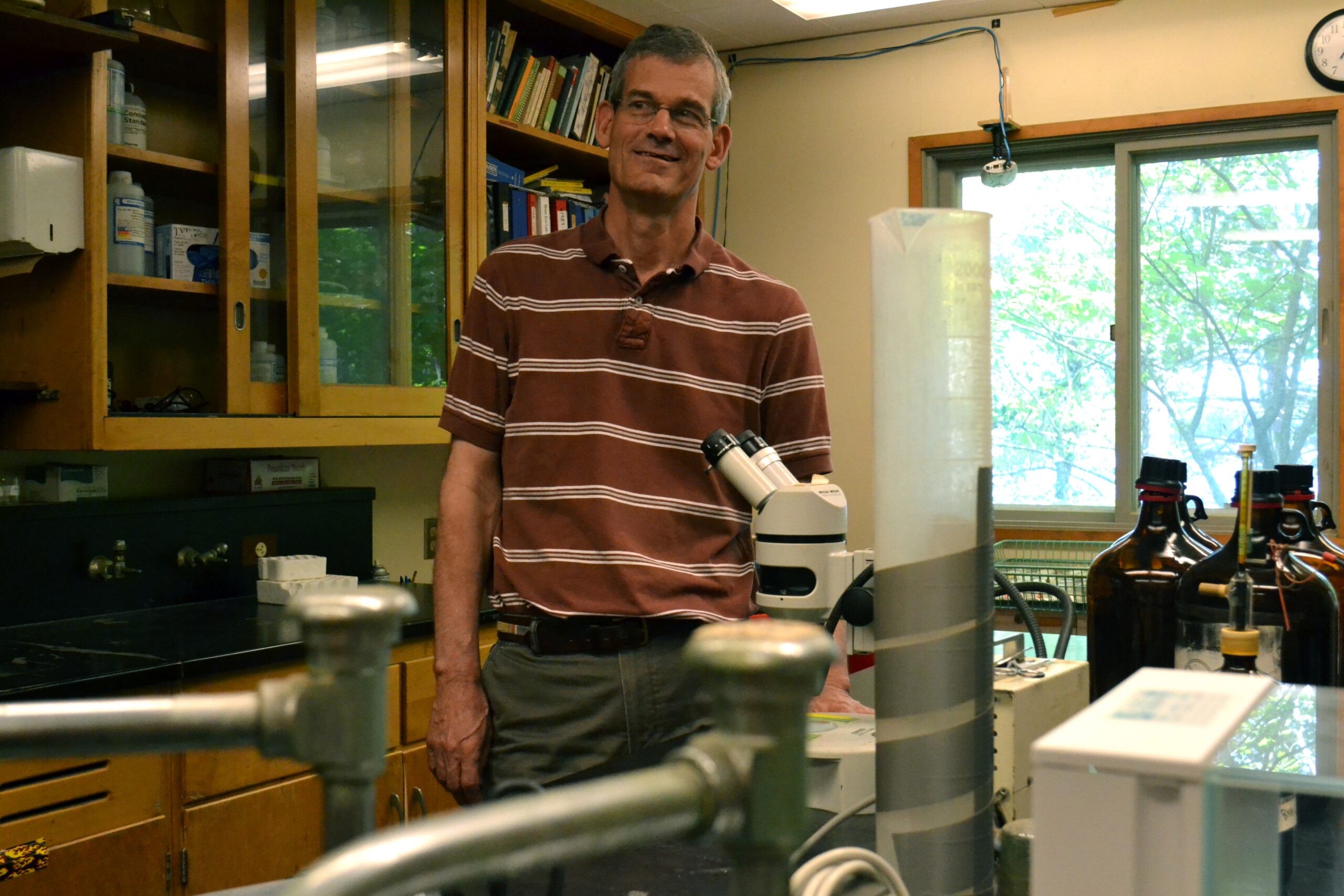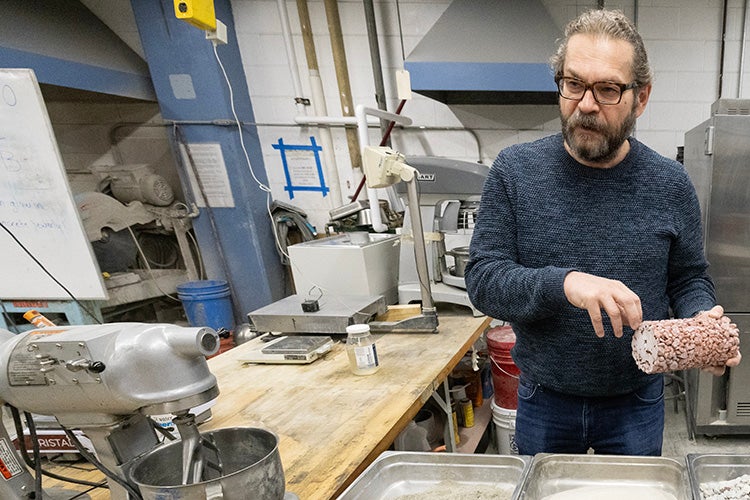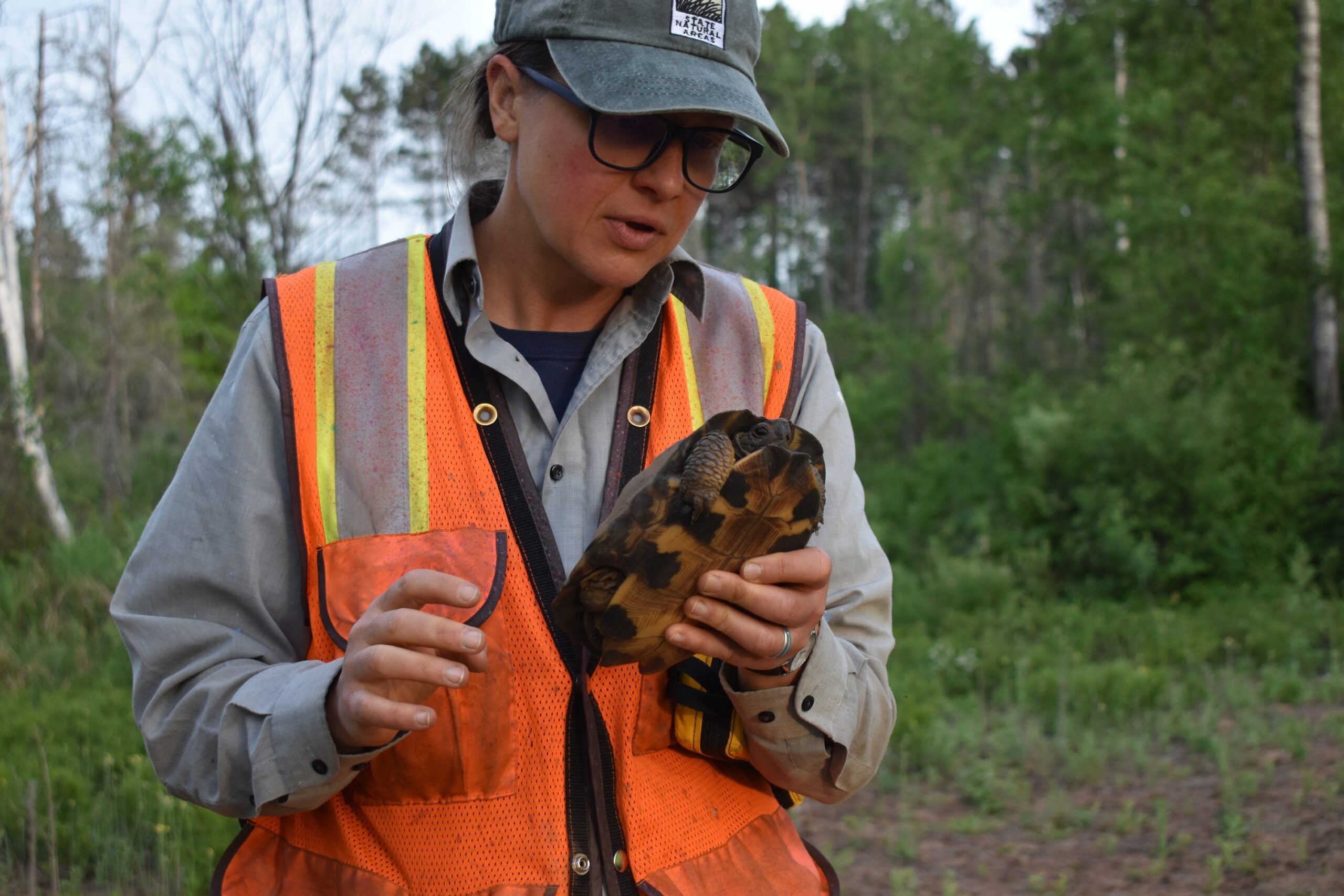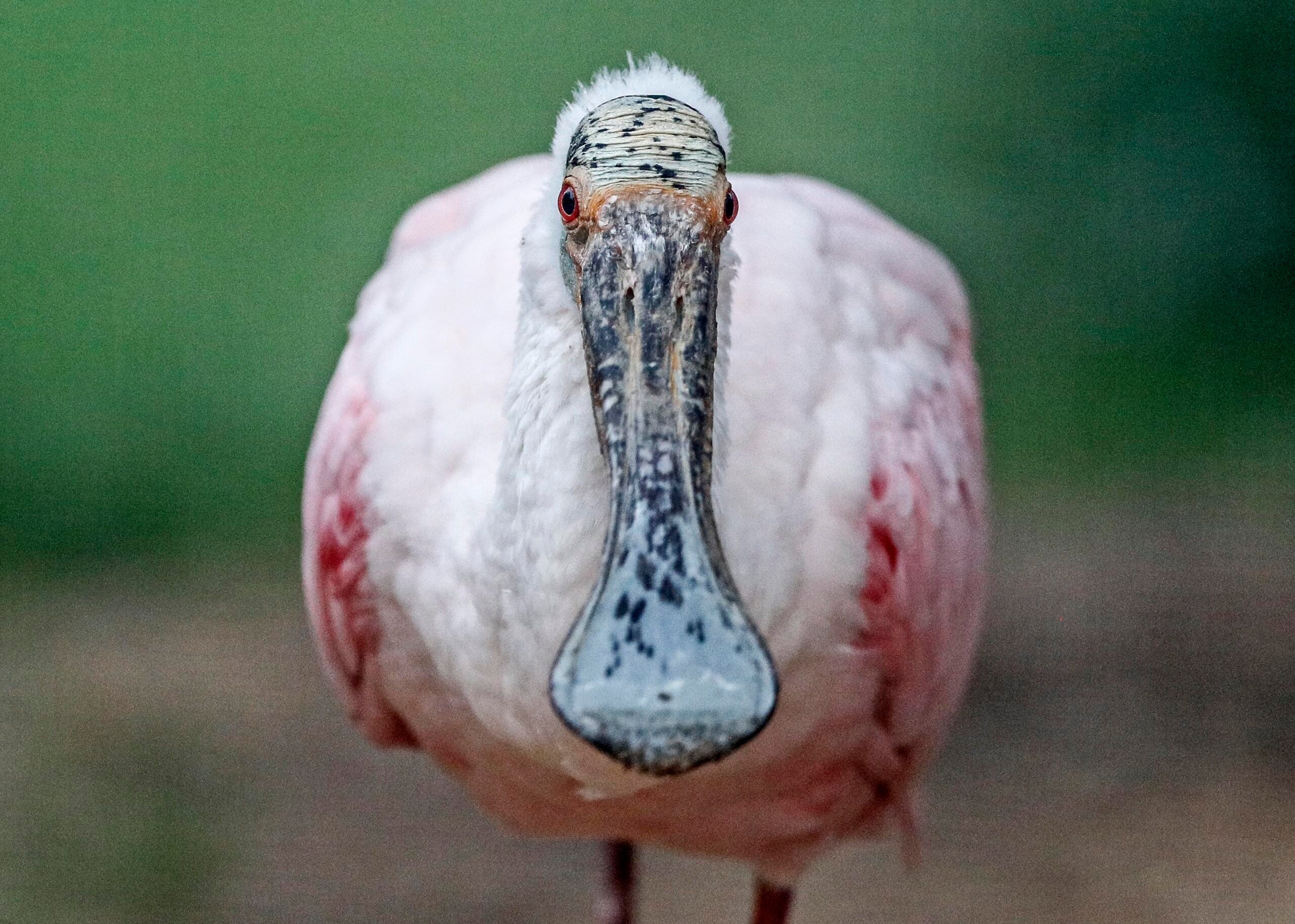Researchers at northern Wisconsin’s Trout Lake Station have taken the lead in forming a global network of 400 scientists who share data collected from lakes in 40 different countries.
In 2004, the station’s director Tim Kratz flew to Taiwan to meet two researchers interested in the work at Trout Lake. That initial meeting led to the creation of the Global Lakes Ecological Observatory Network (GLEON).
The network’s goal is to help better understand and protecting the world’s fresh water resources. Its scientists work across cultures, sharing data on water temperature, dissolved oxygen, algae pigments, and weather.
Stay informed on the latest news
Sign up for WPR’s email newsletter.
“Scientists, no matter the culture, are very interested in collaborating with their colleagues. We’re very interested in how climate change is affecting lakes all over the world,” Kratz said.
Tim Kratz says the new global network could help protect the world’s increasingly threatened fresh water resources.
“That’s the goal, to try to keep the lakes healthy, to try to understand what makes lakes tick,” he said.
GLEON continues a long history of pioneering work for the Trout Lake Station. Ninety years ago, researchers there pioneered the scientific study of lake ecology. Kratz said the studies continue, albeit with sophisticated new equipment.
Wisconsin Public Radio, © Copyright 2024, Board of Regents of the University of Wisconsin System and Wisconsin Educational Communications Board.






